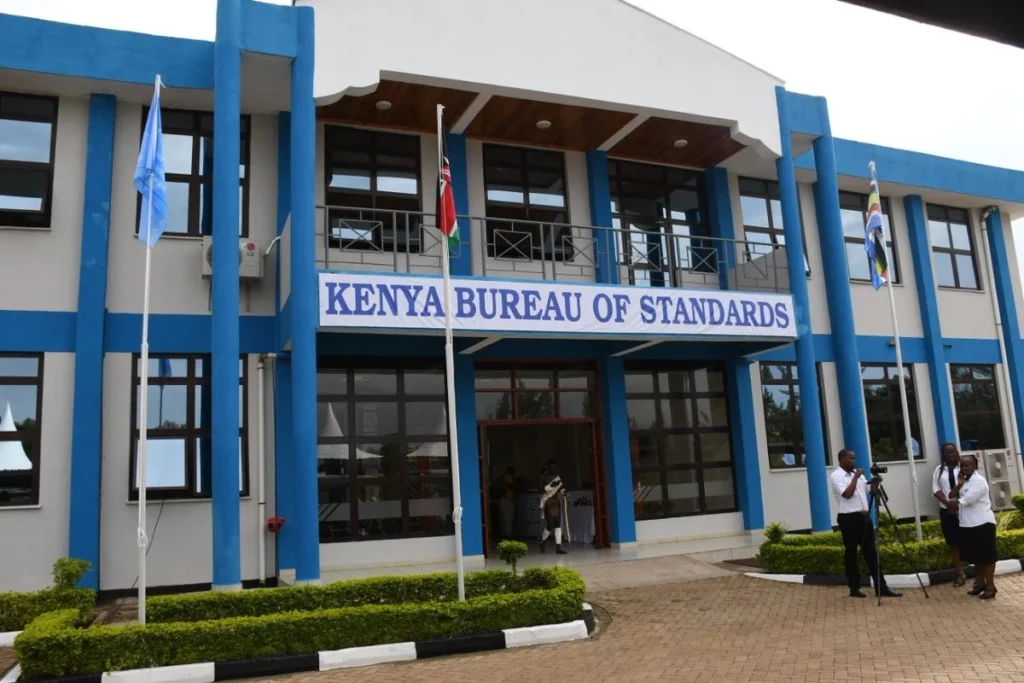The Kenya Bureau of Standards (KEBS) has rolled out nationwide consultations on the proposed Standards Bill, 2025, a new law designed to modernize Kenya’s quality infrastructure, strengthen consumer protection, and align trade practices with global standards.
The public engagement forums, spearheaded by the Ministry of Investments, Trade, and Industry (MITI), will run from October 8 to October 27, 2025, starting at the Coast before moving to Mt. Kenya, North Eastern, Nyanza, Rift Valley, and concluding in Nairobi. Kenyans are also encouraged to submit written feedback via standardsbill@kebs.org by October 28, 2025. The draft Bill and feedback forms are available on the KEBS website, www.kebs.org.
If enacted, the Bill will repeal the current Standards Act, Cap 496, replacing it with a modern framework that grants KEBS expanded oversight functions and stronger enforcement powers. These include the authority to inspect premises, seize goods, enforce recalls, halt production, and destroy counterfeit or unsafe products.
Key Highlights of the Bill
- Mandatory registration of all manufacturers, calibration service providers, and cargo consolidators.
- Recognition of KEBS as both the National Standards Body (NSB) and the National Metrology Institute (NMI).
- Tough penalties for non-compliance, including:
- Fines of up to Sh10 million or 10 years in prison for selling or importing non-compliant products.
- Up to Sh5 million or five years for illegal use of KEBS certification marks.
- Sh20 million fines or 10 years in prison for disposing of goods before clearance.
- Penalties for false advertising, obstructing inspectors, impersonating KEBS officials, and failing to pay the Standards Levy.
- Establishment of a Standards Tribunal, chaired by a judge-level appointee, to handle appeals on KEBS decisions.
KEBS says the Bill is about “protecting consumers, boosting industry, and creating a fair trading environment.” By tightening oversight and enforcement, it seeks to curb counterfeit goods, improve product safety, and promote fair competition in both local and international trade.

